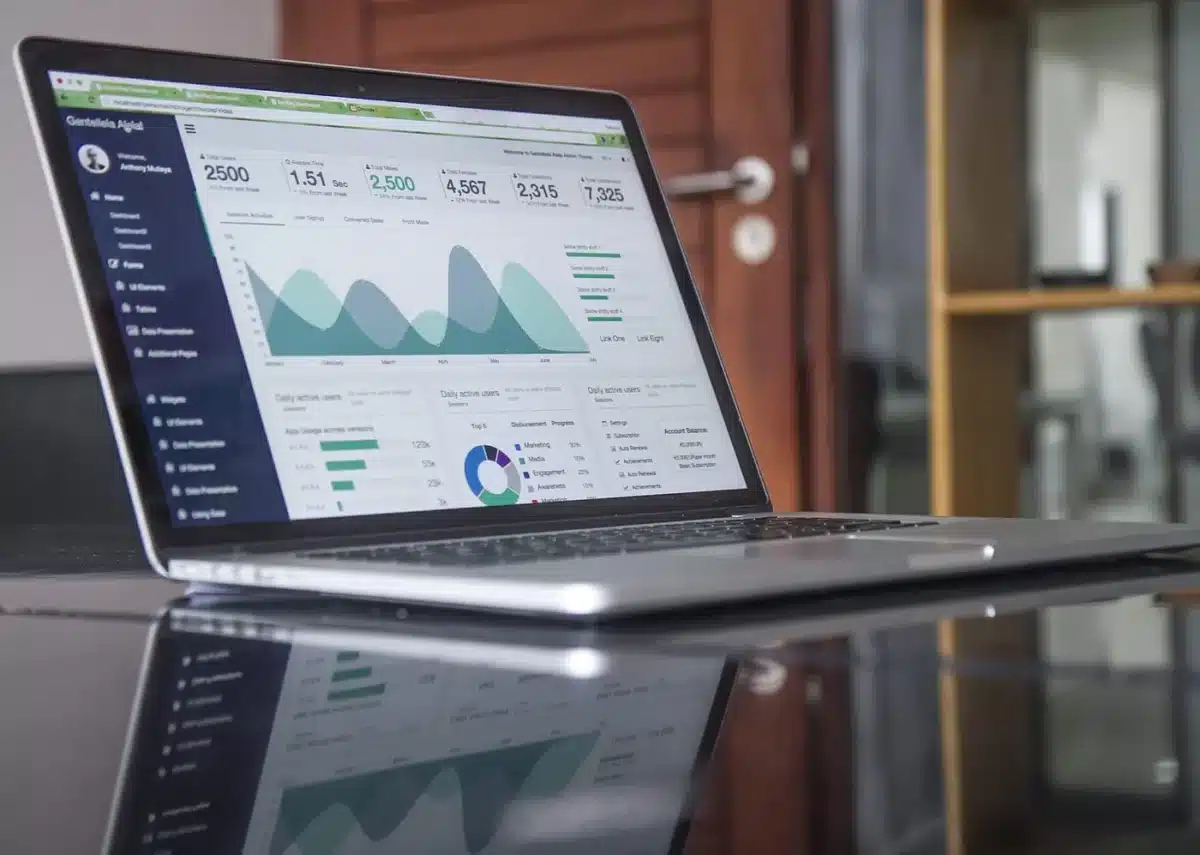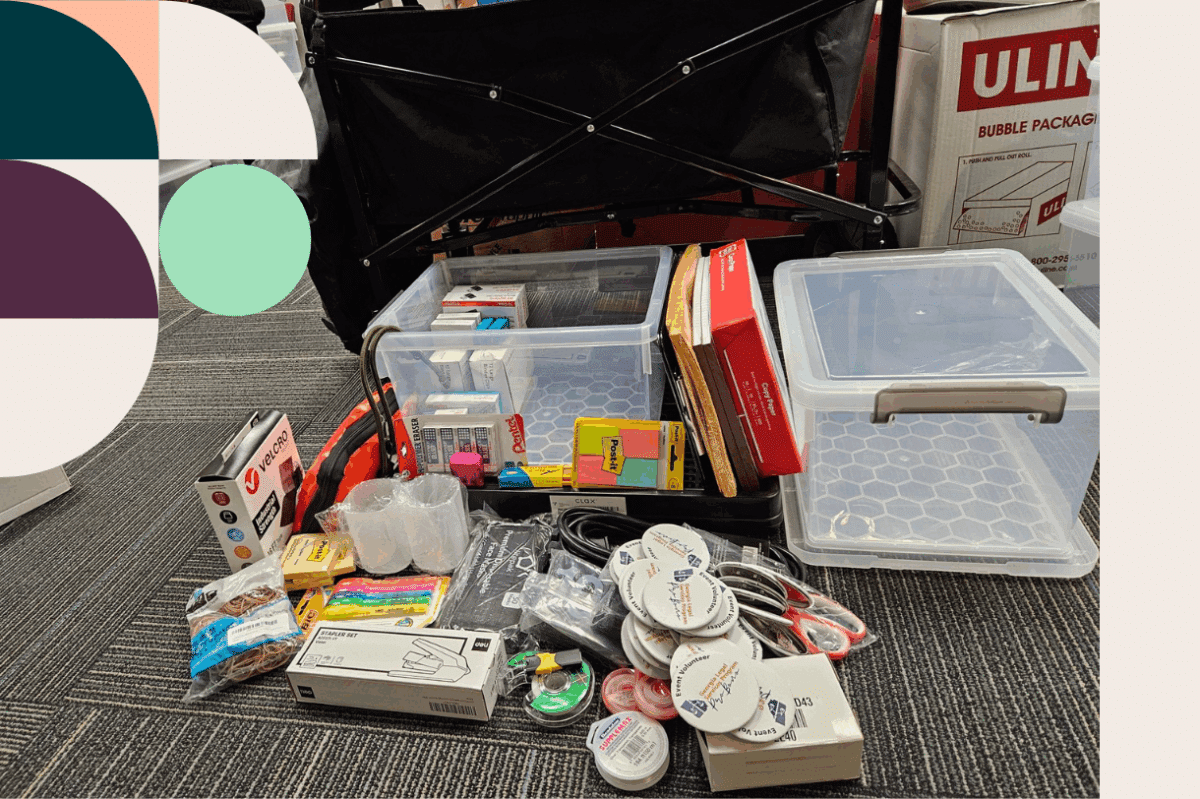Oftentimes, we’re told by in-house teams that they use existing company CSR software to manage their legal pro bono programs. While that might be convenient, general volunteerism platforms don’t manage engagement, legal nuances, and risk inherent in legal pro bono that they should to elevate your work. Here are 4 ways your CSR software could be hurting your legal pro bono program:
1: Your Team Is Missing Out on Well-Aligned, Available *Legal* Pro Bono Opportunities in Real Time
Because legal pro bono is nuanced and expertise-dependent, typical volunteer platforms and sites like Benevity, YourCause, and VolunteerMatch do not include legal-specific opportunities, and legal services organizations prefer to place them through platforms they trust. Paladin is the only inter-connected platform that sources and displays legal pro bono opportunities from partner legal services organizations in real-time, and tracks interest for all parties involved. Especially given the surge in legal need for low income individuals during COVID, casework is moving quickly, and in order to maximize engagement, attorneys should have access to a real-time index of what’s available in their communities.
2: You Lack Important Risk Management Related Information Inherent to Legal Volunteer Work
Because of the high stakes nature of legal pro bono cases, as well as licensing and insurance requirements for each case, it’s essential to mitigate risks. A number of legal services organizations on Paladin offer malpractice insurance for volunteer lawyers, and we capture jurisdiction-specific requirements and legal pre-requisites and trainings related to each case. Our reporting tools also allow you to track what’s in progress to provide real-time insight and minimize missed deadlines.
3: Engagement Drops without a Direct, Personalized Approach for Each Attorney
Paladin briefly surveys attorneys on their pro bono interests upon onboarding, which provides the pro bono team a rich picture of their department’s interest and allows Paladin to send personalized digests on a regular basis. That way, attorneys can get right to the work that matters most to them and save time searching through emails. Additionally, attorneys are able to search a real-time database by legal-specific practice areas, communities served, and type of engagement when they have some down time.
4: You Can’t Access Data about Attorney Interests, Skills, and Impact to Tailor your Program
Regular data insights around attorney interests, skills, and the causes on which you are working are helpful to tailor a pro bono program towards specific goals. Paladin looks beyond the number of hours and percent engagement to understand with which organizations you’re spending your time, which communities you’re serving, which practice areas are being leveraged, and which causes you’re helping. From there, we can make personalized recommendations about which referring agencies and types of casework would be great next steps to elevate your program.





